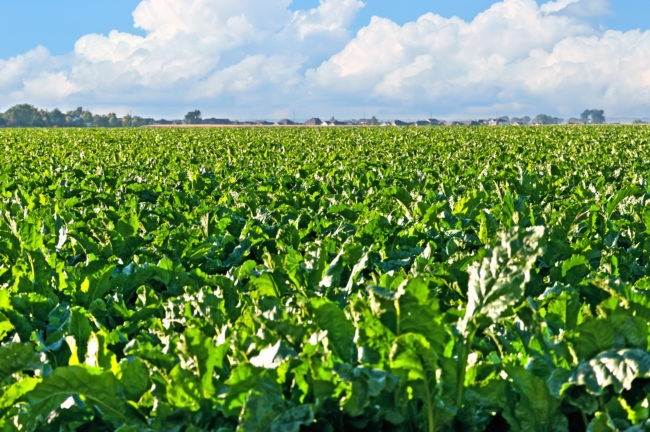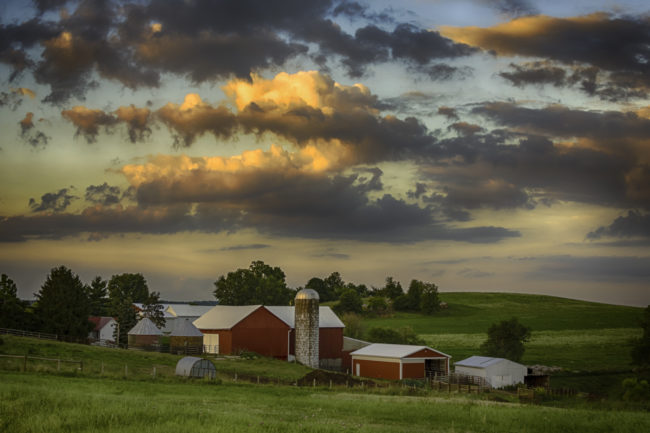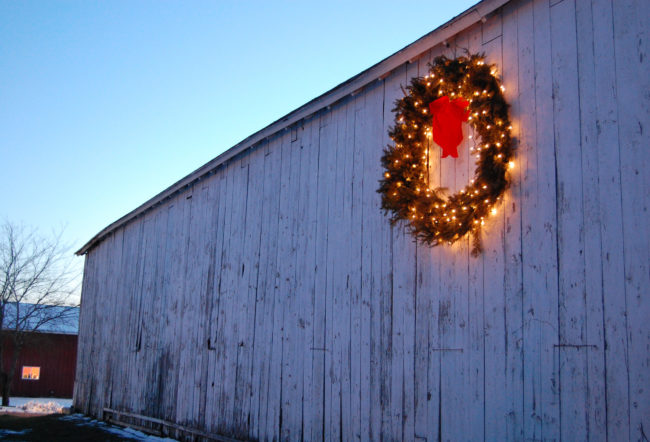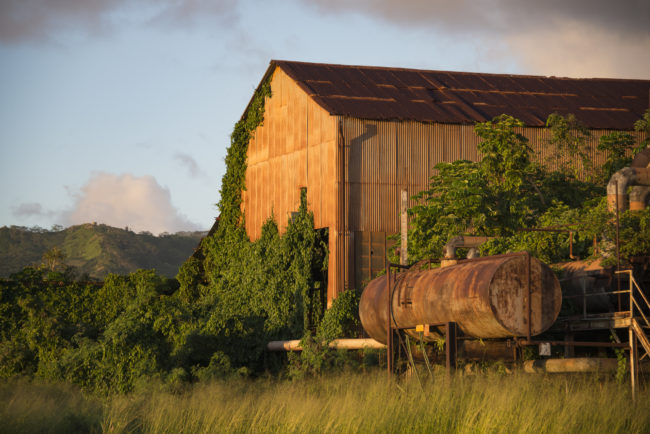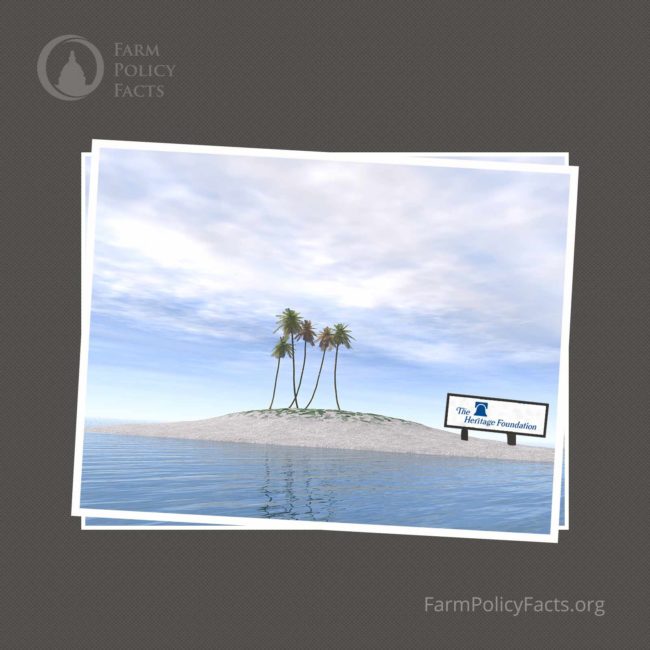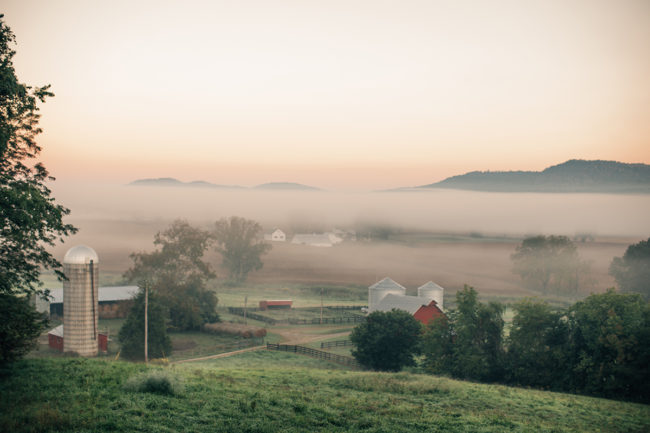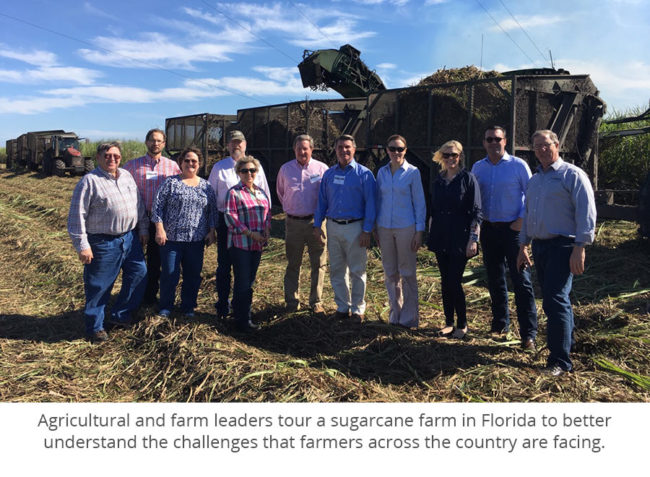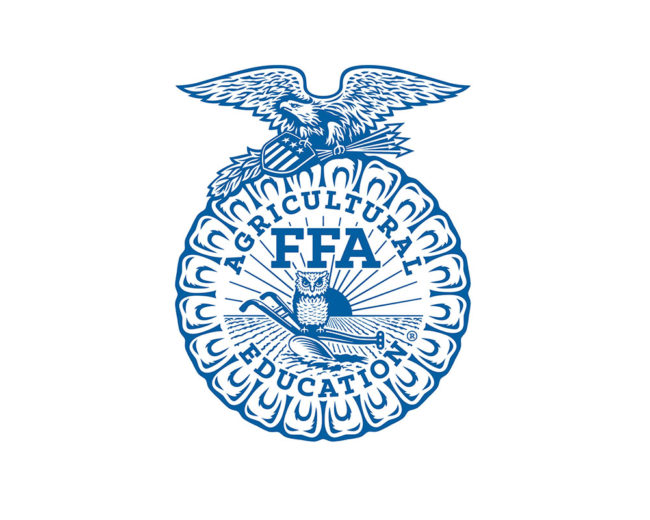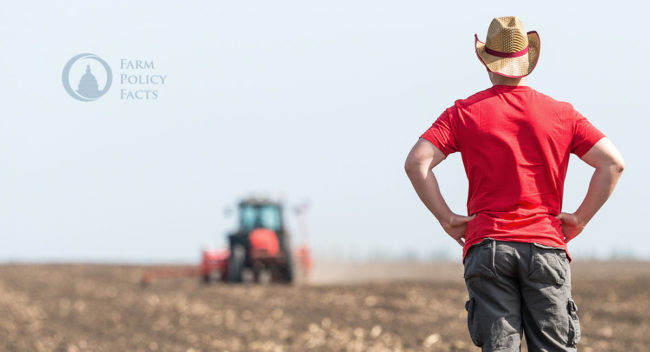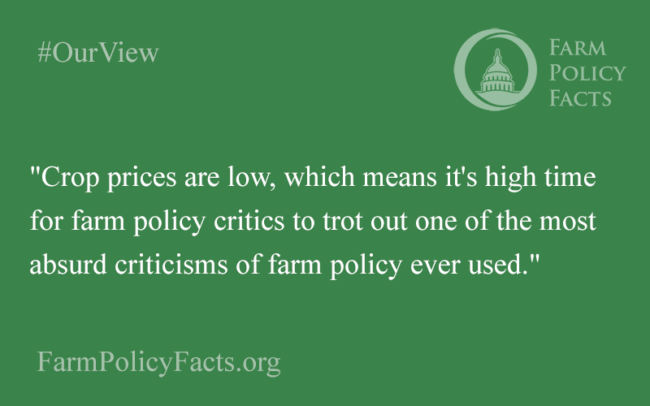“The farm – best home of the family, main source of national wealth, foundation of civilized society, the natural providence.”
One will find these wise words inscribed on the façade of Union Station in Washington, D.C. The historic site was built around the turn of the century when the nation was experiencing progress of every kind. There was industrial capacity, oil production, telecommunications, a major transportation system in the form of railroads, and most importantly, there was agriculture. The U.S. had established itself as a major agricultural producer on the world stage not only because of newly invented tools like mechanical reapers that improved crop harvests, but also because of westward expansion, which increased the diversity of American agricultural production.
Today, more than a hundred years later, that quote still captures the essence of American agriculture and its importance to the progress and success of our country. American agriculture remains diverse; it remains a source of national wealth and the pride of American families.


